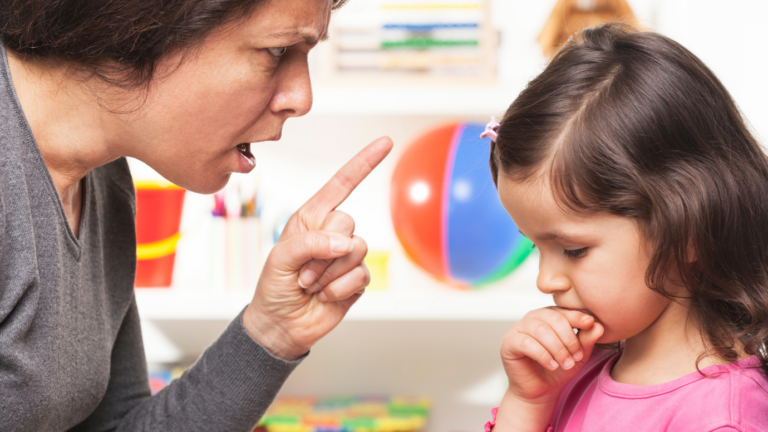As parents, our primary responsibility is to ensure the well-being of our children, both physically and emotionally. However, with the growing pressures of academic success, social expectations, and mental health challenges, many children today are struggling silently. Alarming statistics reveal that student suicides are on the rise, surpassing other crisis areas like farmer suicides, and growing at a rate faster than the population growth rate.
While these numbers are distressing, there is hope—parents play a crucial role and can help reduce this disturbing trend. Recognizing the early warning signs of suicidal tendencies, depression, and anxiety can make all the difference. The key is to adopt the right parenting methods and guide our children toward a healthier, more emotionally resilient future.
Signs of Suicidal Tendencies in Children:
- Talking About Death or Suicide: If your child frequently talks about death or expresses suicidal thoughts, even casually or jokingly, this is a serious red flag. Watch out for phrases like, “I wish I weren’t here” or “You’d all be better off without me” should prompt immediate action.
- Withdrawal from Family and Friends: Isolation is one of the most common signs of emotional distress. If your child is withdrawing from social activities, avoiding family gatherings, or staying in their room for long periods, it’s time to intervene.
- Unpredictable Mood Swings: Sudden outbursts of anger, irritability, or unexplained mood shifts can indicate deeper emotional pain. Parents should pay attention to these changes, especially if they persist.
- Expressions of Hopelessness: If your child feels like there’s no way out of their current situation or believes they are a burden to others, they may be contemplating suicide. Encourage open conversations about their feelings to understand their perspective.
- Changes in Sleep or Eating Habits: Significant shifts in sleep patterns—either excessive sleeping or insomnia—as well as changes in appetite, can be signs of serious emotional distress.
- Engaging in Risky Behavior: Self-harm, reckless actions, or disregard for personal safety are major indicators that your child is struggling emotionally. Such behaviors often stem from deep feelings of worthlessness or pain.
Recognizing Depression in Children:
- Persistent Sadness or Low Mood: If your child seems constantly sad, hopeless, or disinterested in activities for more than two weeks, they may be experiencing depression. Watch for signs of prolonged low energy or a bleak outlook on life.
- Loss of Interest in Hobbies: A child who once loved sports, arts, or spending time with friends but now shows no interest in those activities may be dealing with depression. This loss of passion is often a significant warning sign.
- Difficulty Concentrating: Struggles with focus, forgetfulness, or making decisions are common in children battling depression. Parents might notice a decline in school performance or a lack of motivation for everyday tasks.
- Feelings of Guilt or Worthlessness: Children experiencing depression may express intense guilt or believe they are “not good enough.” Such feelings can lead to dangerous patterns of self-criticism and even self-harm.
Spotting Anxiety in Children:
- Excessive Worry: Constant, irrational worries about school, friendships, or future events could signal anxiety. Children with anxiety often fixate on worst-case scenarios, even when there’s no real threat.
- Physical Symptoms: Anxiety doesn’t just affect the mind; it impacts the body as well. Complaints of frequent headaches, stomachaches, nausea, or muscle tension are common physical symptoms that may accompany anxiety.
- Avoiding Social Situations: Children dealing with anxiety often avoid situations that make them uncomfortable, whether it’s school, family gatherings, or social events. As parents, we need to help them face these fears gradually and supportively.
- Fear of Failure: Children with anxiety are often perfectionists, fearing judgment or failure. They might seek constant reassurance from parents and teachers, and avoid challenges that they feel they can’t succeed in.
- Restlessness and Sleep Disturbances: If your child struggles to fall asleep or experiences nightmares, this could be a sign of underlying anxiety. Restlessness and irritability often accompany anxious thoughts, making relaxation difficult.
Parenting Steps: What You Can Do to Support Your Child
If the kids have the proper emotional support and empathy, the majority of these issues may be resolved at home. For this reason, in my opinion, parents serve as their children’s primary coaches and counselors. It is crucial for parents to assist kids when they face mental health issues. Here’s how you can contribute:
- Promote candid communication: “How are you feeling today?” and “Is there anything that’s been worrying you?” are some examples of inquiries to ask. It’s crucial to create an environment where your youngster feels comfortable expressing their feelings.
- Be Aware of Behavioral Changes: Pay attention to any shifts in your child’s behavior, sleep patterns, or school performance. Sudden changes, whether big or small, can be early indicators of distress.
- Never be judgemental of your kids: When kids feel that they are being judged or that the love they receive from parents is conditional, they lose their self-esteem and self-worth.
- Seek Professional Help:
- If you suspect your child is struggling with depression, anxiety, or suicidal thoughts, seek the help of a mental health professional. Therapy, counseling, or group support can provide your child with the necessary tools to cope.
- Support Them Unconditionally:
- Remind your child that they are loved, valued, and not alone. Even in their darkest moments, knowing that they have your unconditional support can offer a lifeline. When your child knows that you as a parent will be there for him/her at all times, they feel empowered and will never have thoughts of feeling worthless.
Conclusion: Parenting with Purpose
By being proactive, vigilant, and compassionate, parents can play an essential role in preventing student suicides and helping children overcome depression and anxiety. It’s about more than just recognizing the signs; it’s about creating a nurturing environment where your child feels heard, supported, and understood.



